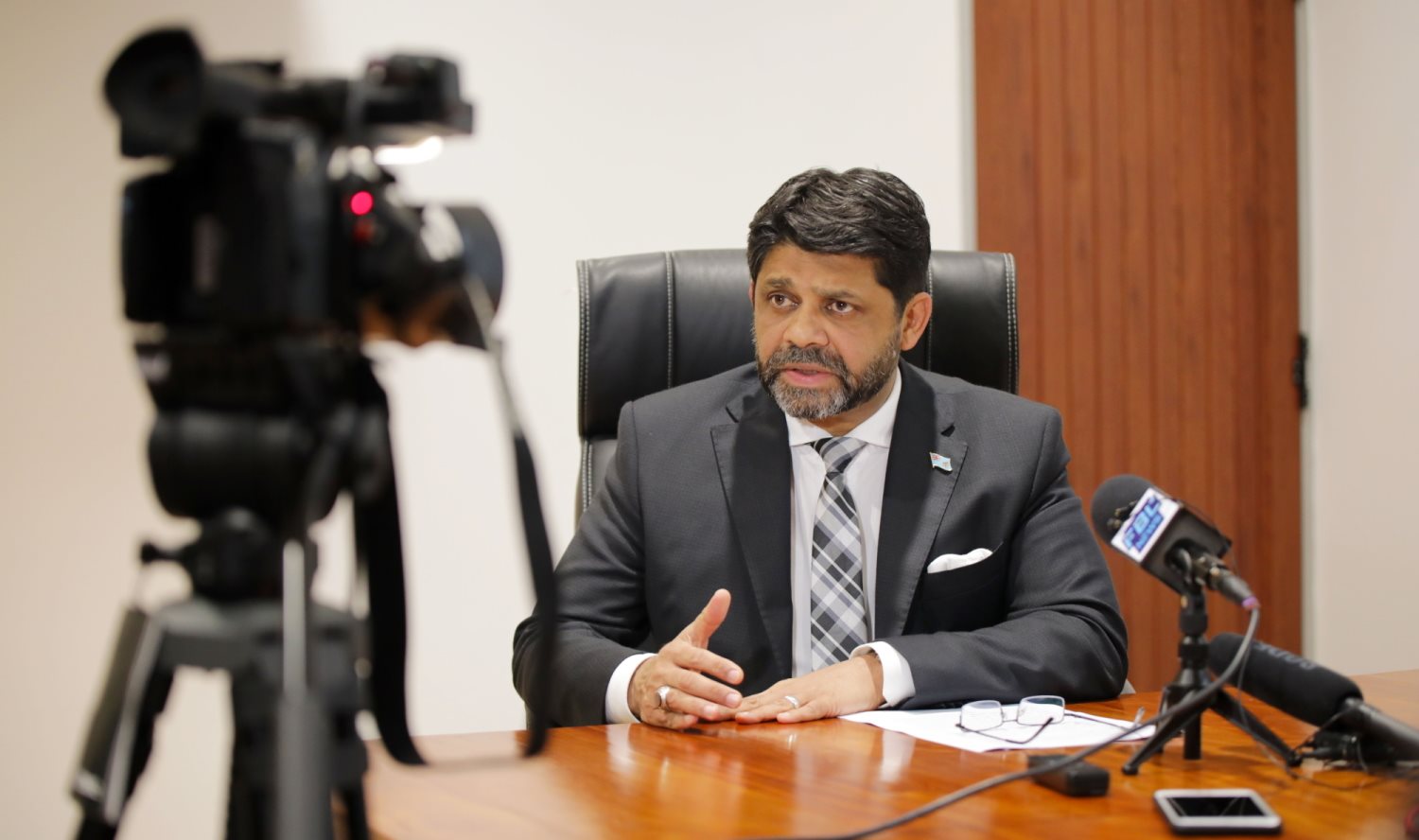Developing economies like Fiji will suffer the most if the global response to COVID-19 is not cohesive.
According to Fiji’s Attorney General and minister of a number of portfolio’s Aiyaz Sayed-Khaiyum, the current response has seen nations ‘operating in silos’.
Mr Sayed-Khaiyum penned those thoughts in an opinion-editorial article in the London headquartered but Japanese owned, international daily newspaper, the Financial Times.
Posted after midday on Wednesday March 18, the article points to the 2008 global financial crisis as an example for how the world could respond to COVID-19.
“The world economy pulled itself out of the global financial crisis in 2008 through an unprecedented, internationally co-ordinated effort to re-spark global growth, with crisis lending in 2009 essentially doubling from pre-recession levels.”
“We have yet to see that same level of multilateralism in response to the financial and commercial challenges stemming from coronavirus. Nations are operating in silos rather than in solidarity.”
“And without a cohesive global response, developing economies will suffer the most.”
Also the Minister for Economy and therefore responsible for Fiji’s national budget, Mr Sayed-Khaiyum is scheduled to announce a supplementary budget on March 26, a few months shy of the traditional budget announcement.
While Fiji is still without a confirmed case of the virus, the government admits the country will suffer unprecedented losses well into the future, the severity of which it has not experienced before. Learn how to stay safe here
“Fiji’s situation demands extraordinary actions to minimise the brunt of the global economic downturn.”
“There are key expenditures that must ensure the protection and continuation of the Fijian life, which includes our people’s health, their jobs, their businesses and food security.”
Meanwhile, the government has held consultations looking for ways to cushion the economic impact of the virus.
“The latest report estimates that the net losses of the world economy will be upward $2 trillion and a global growth of one per cent.”
Admitting to possible job losses and an economic downturn, Sayed-Khaiyum said the damage brought about by the pandemic would affect “every benchmark of the United Nations 2030 agenda.”
“Developing economies do not have the luxury of high fiscal reserves to bail out industries, pump trillions of dollars into our markets, or offer citizens large-scale economic packages.”
The Minister for Economy has called on international finance to be made available to small island states without delay.
Read the full article here.
Learn more about the COVID-19 here.









